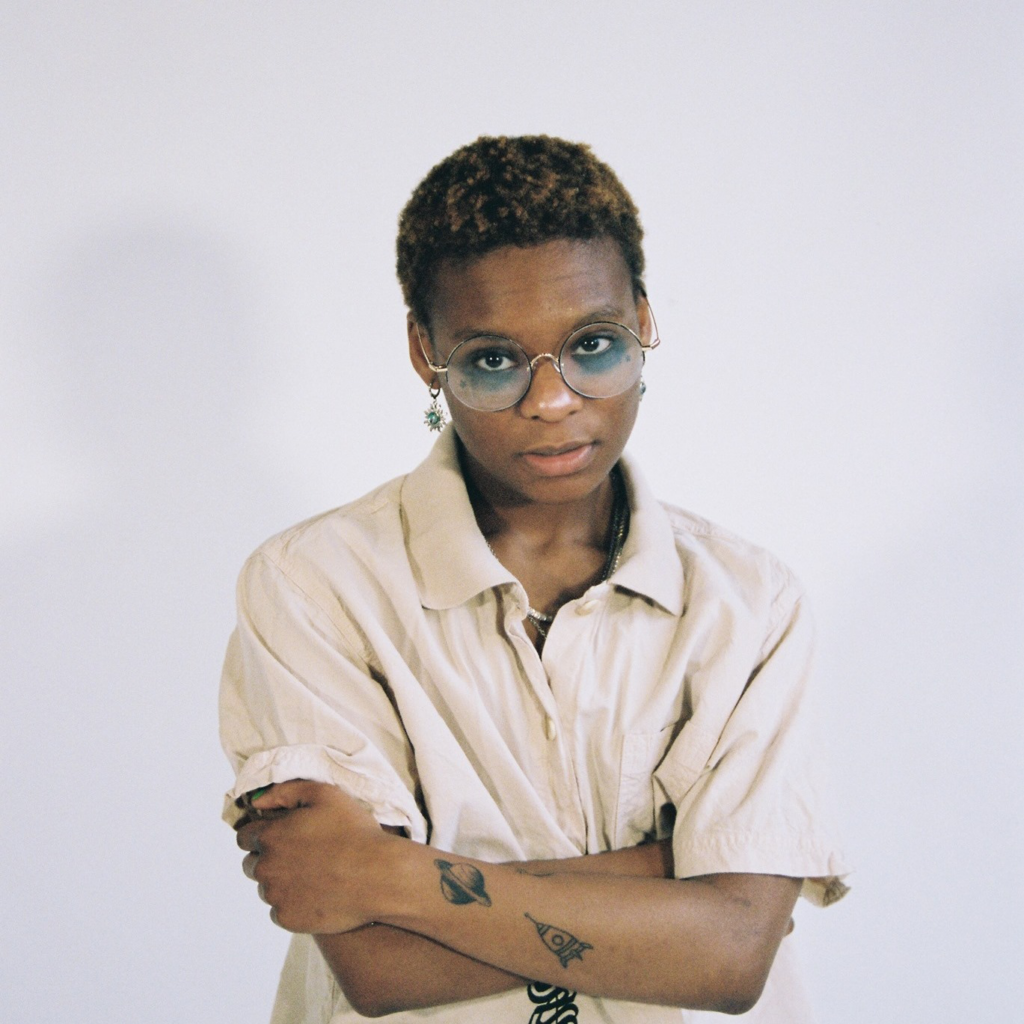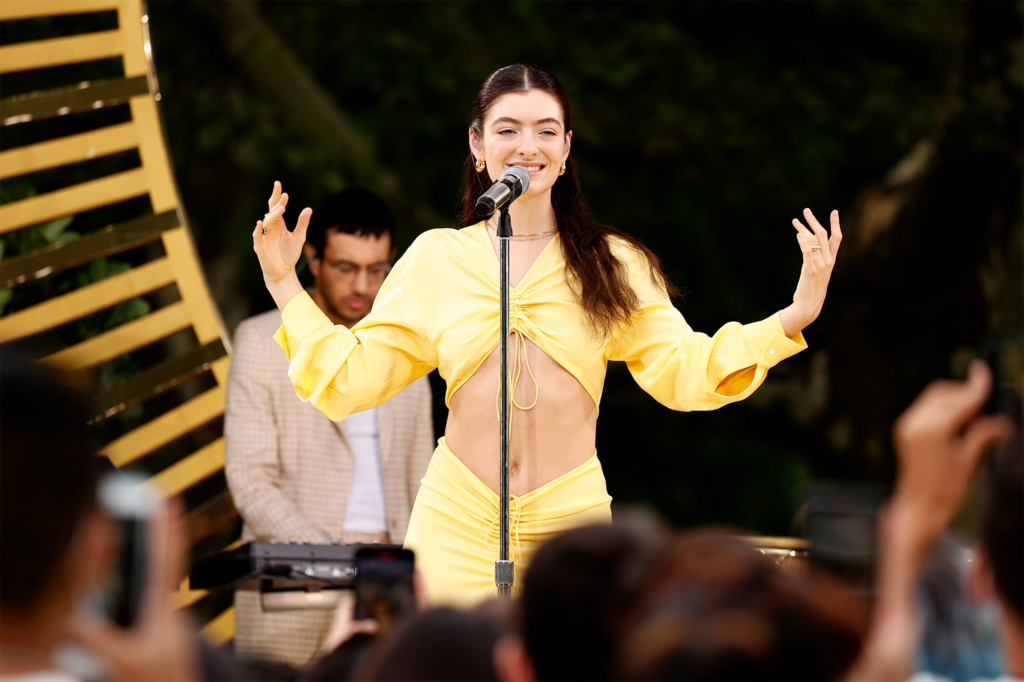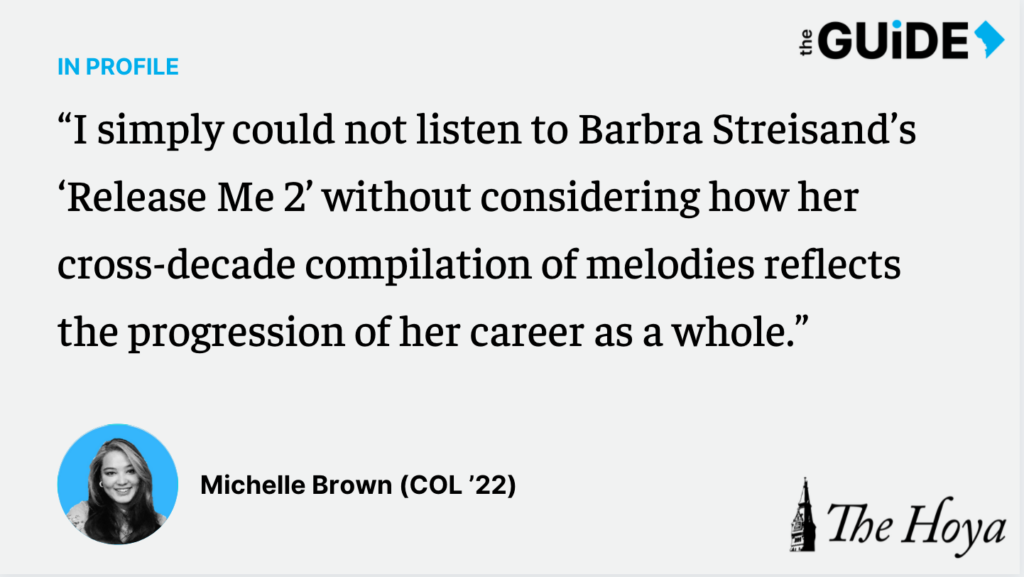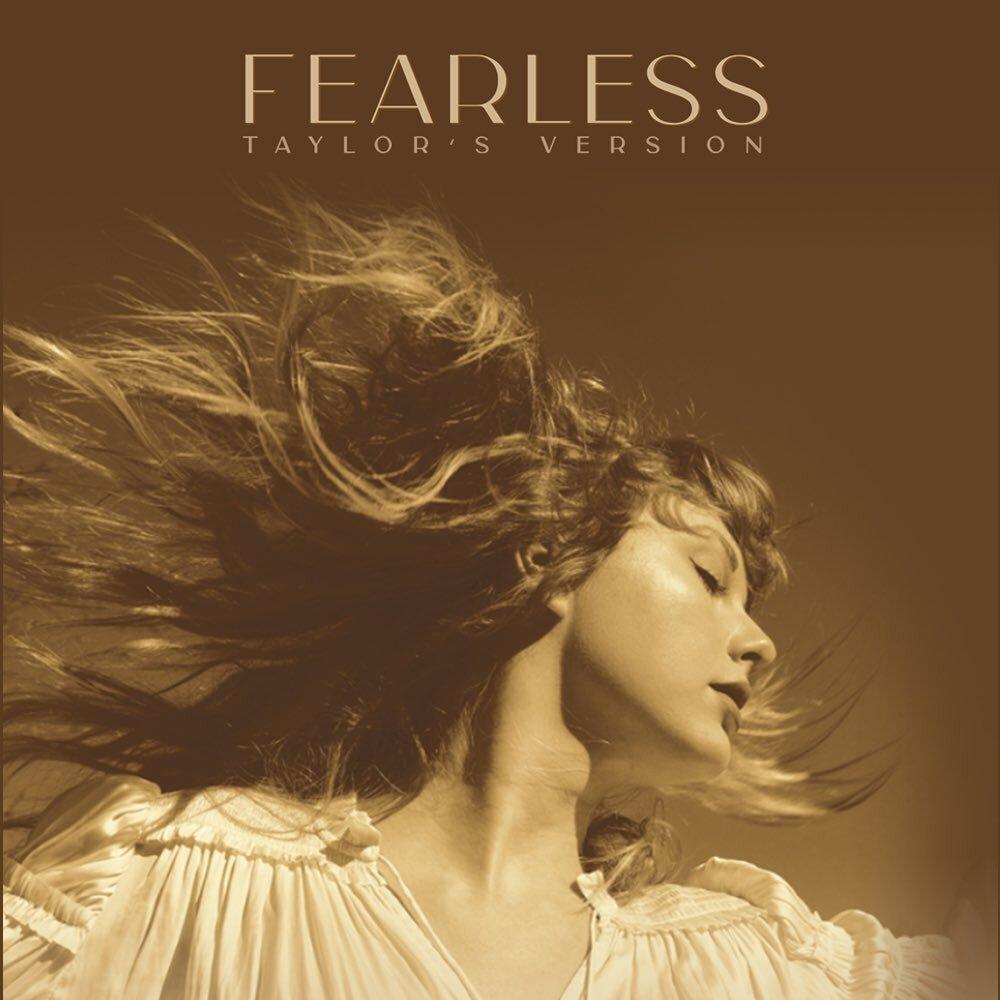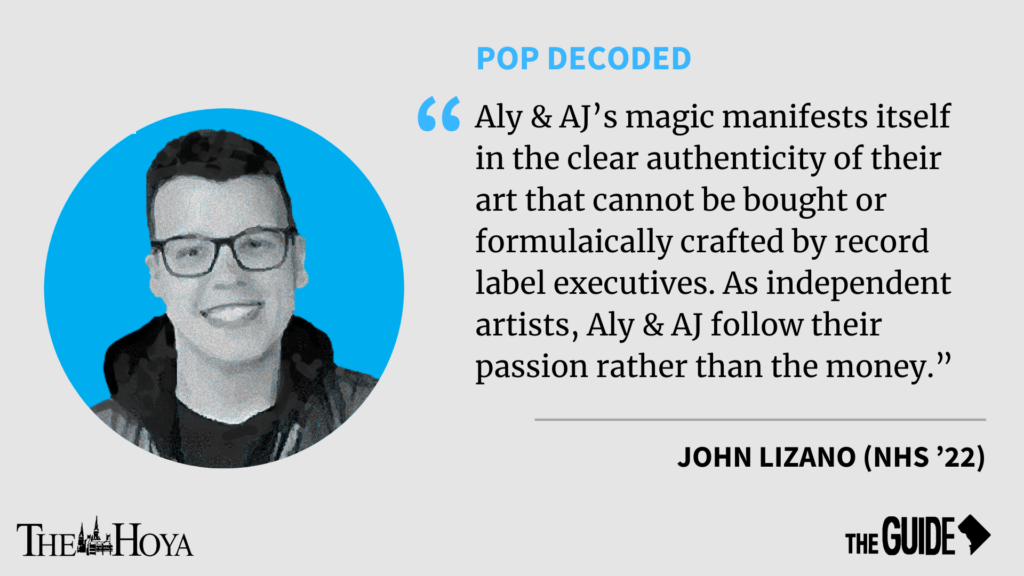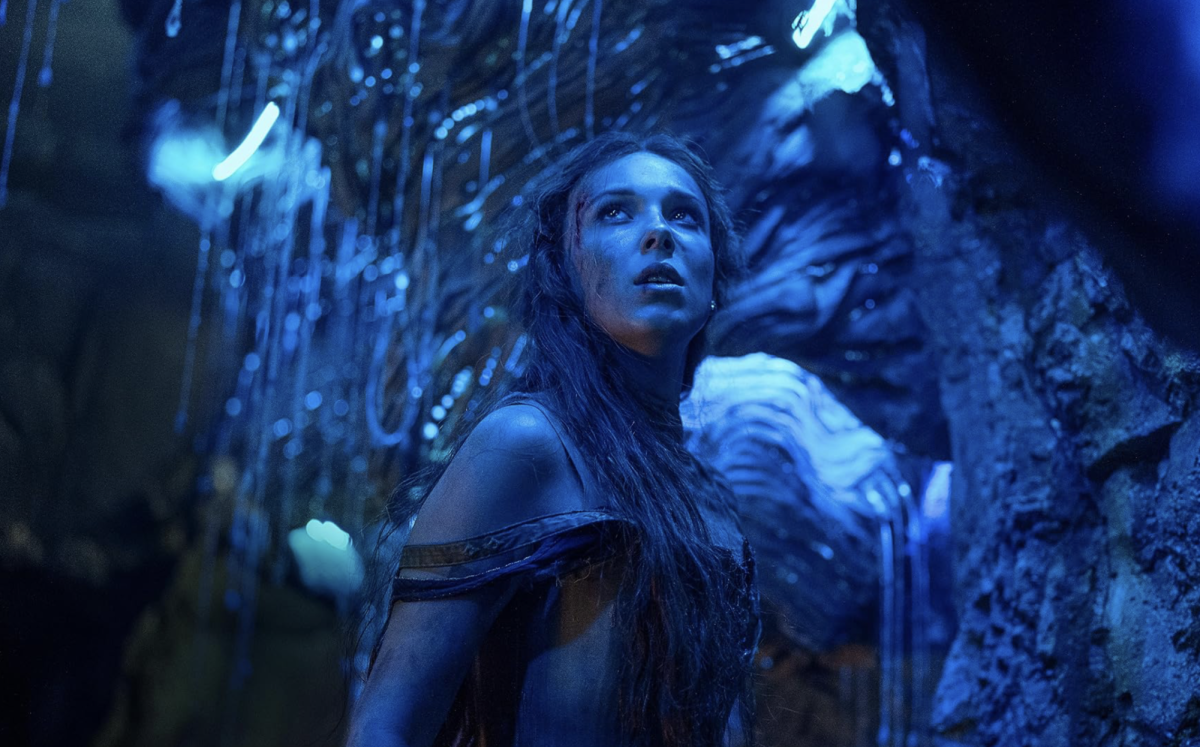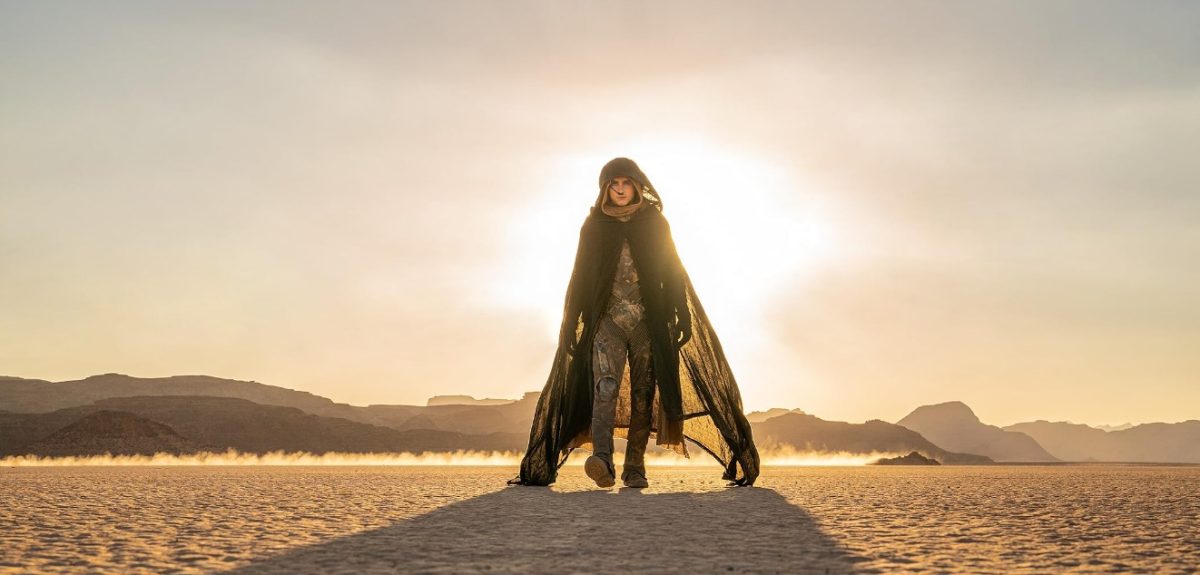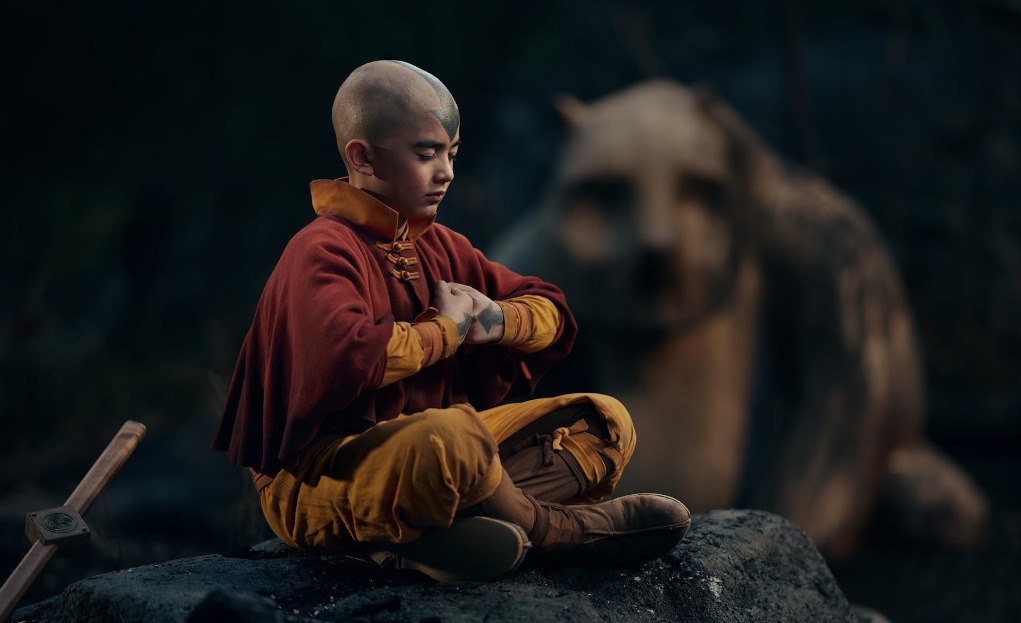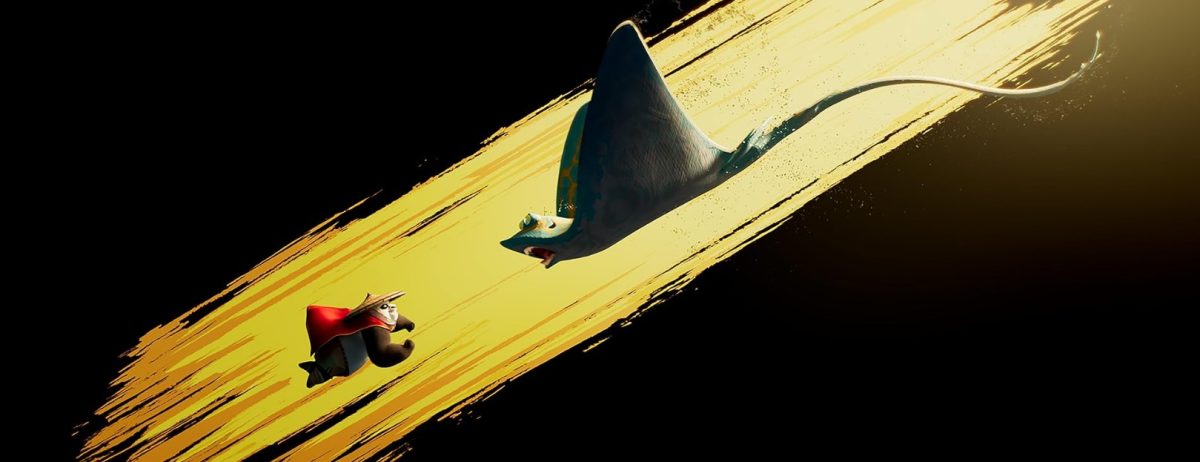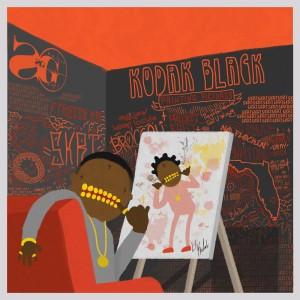
★★☆☆☆
Born in 1997, Dieuson Octave — better known by his stage name, Kodak Black — is younger than many Georgetown students. Although still new to the rap industry, the rapper has been making music since the age of 12, exhibiting talents far beyond his years. He recently entered the popular music scene with hit songs like “Skrt” and a feature on French Montana’s platinum-certified single “Lockjaw.” “Painting Pictures,” Kodak Black’s highly anticipated debut studio album, is accompanied by a documentary titled “Project Baby,” which depicts the artist’s life growing up in Pompano Beach and his rise to stardom.
In the introduction to his album opener, “Day for Day,” Kodak Black boldly says, “I don’t rap, I illustrate/I don’t paint pictures, I picture-paint,” describing his distinctive style. His youthful, exuberant voice and ability to make emotionally intelligent observations about life in poverty are his greatest strengths as a rapper. Black’s tales of criminal activity are told with authenticity and clever lyricism, attracting listeners in spite of his aggressive — and, at times, crude — style of rap.
Following in the footsteps of other artists who produce a brand of trap music influenced by life on the streets, like Gucci Mane, Kodak Black has a recognizable melodic style. He even echoes Gucci’s verse on “Both,” featuring Drake, rapping, “Got too much felonies/I can’t never go to Toronto” on “Up in Here.” Throughout his teen years, Black was incarcerated multiple times, a topic that thematically permeates his music. Raised in Golden Acres, a public housing project in Florida, Kodak Black brings an authentic perspective on the challenge of being a youth from a low-income home in America today.
Featuring consistent, minimalist production, “Painting Pictures” is a cohesive project with Kodak Black at the focus. The majority of the tracks are produced by Ben Billions, one of Kodak Black’s key collaborators, although the album is assisted by other hitmakers like Metro Boomin and Southside. Out of the album’s 18 tracks, there are only five features, which attain varying degrees of success.
Southern hip-hop legend Bun B joins Kodak Black on “Candy Paint.” Although his well-known status within the rap community offers the album a greater degree of recognition, Bun B’s uninspired verses add little to the album’s overall message. In contrast, Future provides some of the most memorable rapping on the album on “Conscience.” In his characteristically introspective lyrical style, Future contributes three complementary verses to the song — rapping, “The streets took [their] conscience” — which smooth out Kodak’s rough edges and add power to the song’s message.
On “Reminiscing,” A Boogie wit da Hoodie and Kodak Black contemplate their rapid rise to fame and the remnants of their past, with A Boogie wit da Hoodie rapping, “I love money, I can’t go back to the bottom/Cause I hate it at the bottom, try to stop thinking about it.” Kodak Black is at his most vulnerable as he describes his experiences sitting in a jail cell, making “Reminiscing” one of the album’s standouts.
Young Thug steals the spotlight but still delivers an unusually average performance on “Top Off Benz,” a song in which Kodak Black’s sole verse makes him appear more like a guest artist than the main artist. “Feeling Like,” featuring Jeezy, is the other nadir of the album, droning on in monotony and contributing little, musically or thematically, to album.
The minimalistic nature of the production and number of features allow for the album to focus on Kodak Black. However, “Painting Pictures” would have been immensely more successful had the album’s collaborations been better envisioned and executed.
That said, the album is enhanced by the pre-released singles “There He Go“ and “Tunnel Vision,” which both earned spots on the Billboard Top 10. “Tunnel Vision” is dominated by its memorable hook, “Lil Kodak they don’t like to see you winnin’/They wanna see you in the penitentiary.” On this track, the rapper effectively portrays the thoughts of many members of the black community, suggesting that the system is stacked against minorities.
Although the album is intoned with heavy, socially conscious tracks like “Tunnel Vision,” it is also punctuated with more personal songs, like “Patty Cake.” Here, Kodak Black proves that he can seamlessly move from making proclamations of power and resistance to weaving woeful tales of lost innocence and pain.
“Save You” and “Twenty 8” are particularly interesting additions to Kodak Black’s repertoire, as they explore the rapper’s difficulties expressing his feelings toward a woman, which seem to stem from the emotional conditioning of his life on the streets.
Overall, “Painting Pictures” is a cornerstone project for Kodak Black, highlighting his trademark aggressive trap sound yet including brief moments of sincere tenderness. Although the emotional inclinations of some of the songs may seem overly sentimental, Kodak Black showcases a newfound openness that should be celebrated.
Despite this album’s strengths, it is by no means flawless; Kodak Black often goes from detailing vivid and highly relatable pictures of his childhood in one verse to stumbling through the next with amateur bars and meaningless lyrics. Kodak Black possesses a clarity of vision that allows him to connect deeply with audiences and develop his seemingly limitless potential, but he must refine his technical skills to maintain and enhance his talent.








